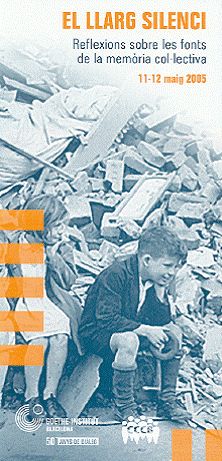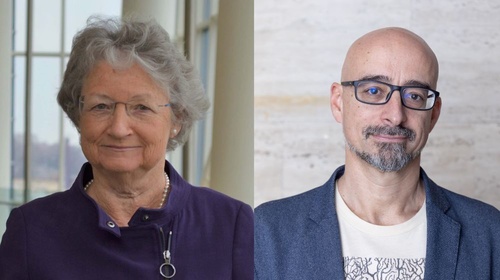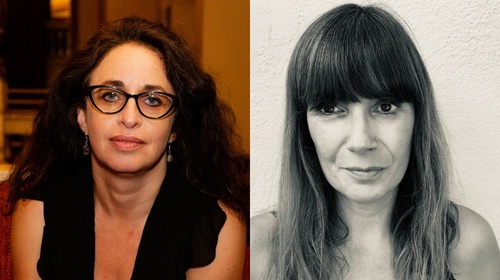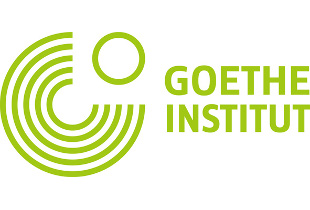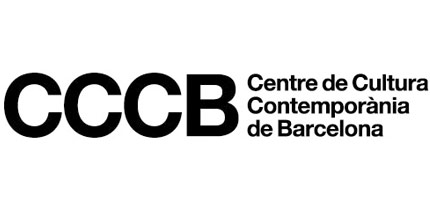The long silence
Reflections about the collective memory sources
Debate
Free
In recent years we've seen the proliferation of a new type of literature calling for the recovery of collective memory of the events that have shaped the history of the 20th century, principally World War II, the Nazi genocide and the Spanish Civil War. Many of these works are based on direct or indirect testimonies of these events. At what point does a society traumatised by its past decide to break the silence shrouding its own history? What is the role of personal experience in the telling of collective memory? How can literature and history contribute to the construction of a society that is free of taboos about its past?
To this end, on the occasion of the 60th anniversary of the end of World War II, the Goethe Institute and the CCCB are organising a conference about the role of personal testimony in the reconstruction of collective memory in Europe.
Wednesday 11 May 2005, 7.30 pm, CCCB: «Literature and Memory»
Uwe Timm, writer, author of Am Beispiel meines Bruders ("My brother's example").
Thomas Medicus, writer and journalist, author of In den Augen meines Grossvaters ("In my grandfather's eyes").
Juan Marsé, writer, author of Últimas tardes con Teresa (1966), Si te dicen que caí (1973), El
embrujo de Shangai (1993) and Rabos de lagartija (2000), among others.
Moderator: Adan Kovaczicz, writer and translator.
Thursday 12 May 2005, 7.30 pm, CCCB: «The History and the Witness»
Harald Welzer, Professor of Social Psychology at the University of Witten-Herdecke, member of the Centre for Interdisciplinary Memory Research, Essen.
Aleida Assmann, Professor of English Literature at the University of Konstanz, member of the Centre for Interdisciplinary Memory Research, Essen.
Carme Molinero, Professor of Contemporary History at the Autonomous University of Barcelona.
Moderator: Michael Pfeiffer.
Moderators: Adan Kovaczicz, Michael Pfeiffer
Participants: Uwe Timm, Thomas Medicus, Juan Marsé, Harald Welzer, Aleida Assmann, Carme Molinero, Michael Richards
